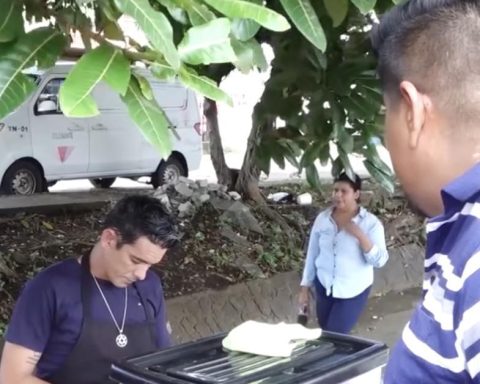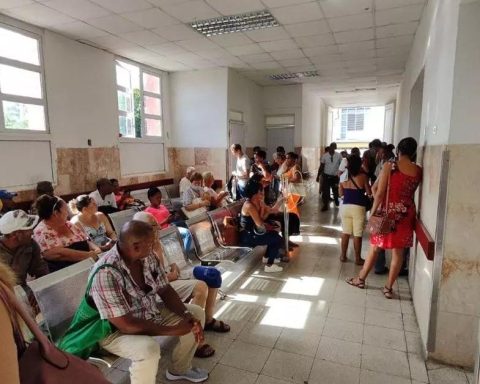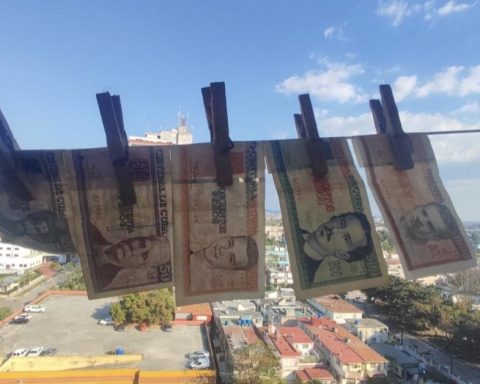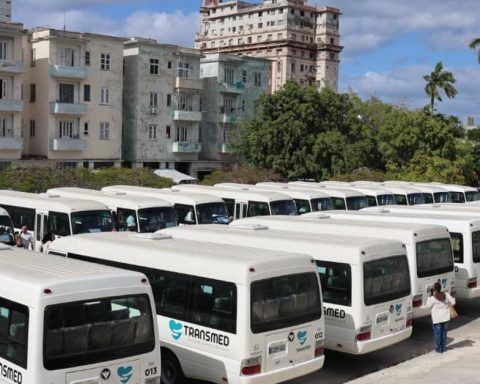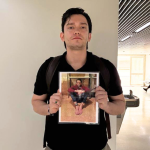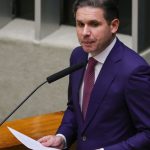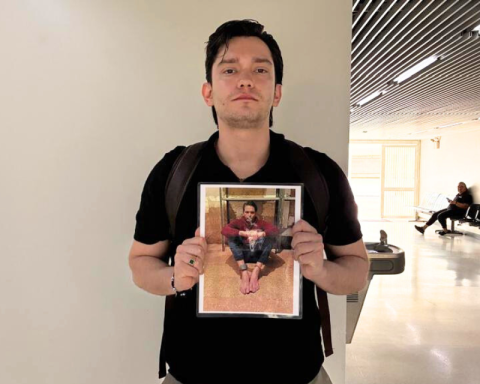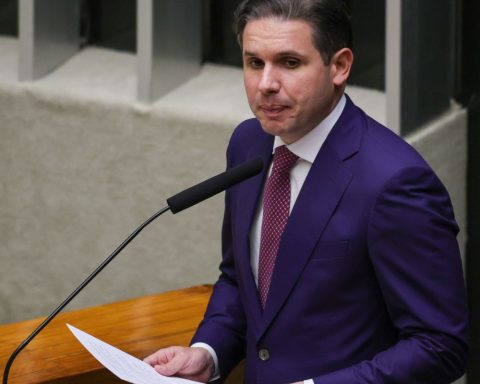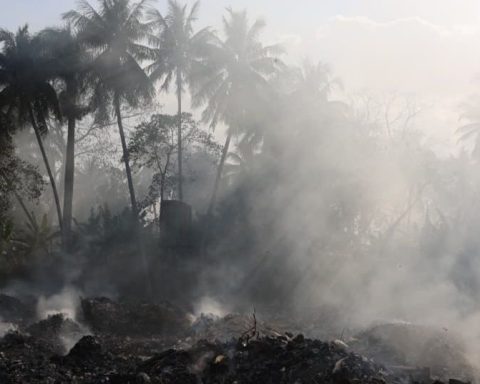
The Cuban authorities extended for the fourth time in less than two years – and until December 31 – the norm that allows travelers who arrive on the Island to bring food, toiletries and medicines without limits or tariffs. On this occasion, the flexibility also extends to medical supplies such as “attachments or equipment.”
During a press conference, the Minister of Finance and Prices, Vladimir Regueiro Ale, explained that the rules of the competent bodies “will soon be published in the Official Gazette, while he stressed the non-commercial nature of this measure,” according to what was published the official press.
Regueiro attributed the extension of this measure to the “persistence of the conditions that gave rise, in 2021, to its implementation, among them, the limitations on the supply of food and other products in the national market.” The official blamed the shortages that the Island is experiencing on the US embargo and the worsening of the global economic crisis.
In the current context “the tariff benefit will be maintained, which exceptionally authorizes non-commercial imports, without limits on their value and exempt from payment of customs duties, food, hygiene and medicines, by passenger as luggage accompanied”.
The flexibility goes further on this occasion and will also allow “the import of medical supplies, expanding the possibilities as a complement to medicines and that can be accessories or equipment that have to do with the treatment of bedridden people.”
Cejas Bernet recalled that “the entry into the country of certain medicines that have effects similar to drugs” is regulated.
This decision opens the door to the arrival in the country of numerous highly demanded health items that are practically absent in the public health network. With patients who increasingly need the support of their relatives abroad, the measure will somewhat alleviate the situation of the chronically ill and bedridden, but it means a challenge for hospital care, where social differences will emerge more strongly.
Alluding to this possible scenario, at the press conference, Dagmara Cejas Bernet, director of the Legal Department of the Ministry of Public Health, called for “citizen responsibility in non-commercial imports because the use of these products in an arbitrary manner can represent a risk.”
“With the publication of the standard in the Gazette, other products linked to health care that do not have technical and medical regulations are incorporated and that, in turn, have specific quality control approvals carried out by the Center for the State Control of Medicines, Equipment and Medical Devices”, details the national press.
However, some restrictions remain. Cejas Bernet recalled that “the entry into the country of certain medicines that have similar effects to drugs” is regulated. These drugs are still subject to specific import regulations, she recalled.
Non-commercial import exemptions for food and medicine were issued for the first time right after the anti-government protests of July 11, 2021, which led thousands of Cubans to the streets in dozens of municipalities on the Island to the cry of “freedom”, “homeland and life”.
These measures, which have been extended every six months, have also been criticized for only benefiting citizens who have the resources to travel abroad or have emigrated relatives. However, over the months, it has been noticed that a good part of the products imported for this purpose end up in the informal market networks.
________________________
Collaborate with our work:
The team of 14ymedio He is committed to doing serious journalism that reflects the reality of deep Cuba. Thank you for accompanying us on this long road. We invite you to continue supporting us, but this time becoming a member of our newspaper. Together we can continue transforming journalism in Cuba.
